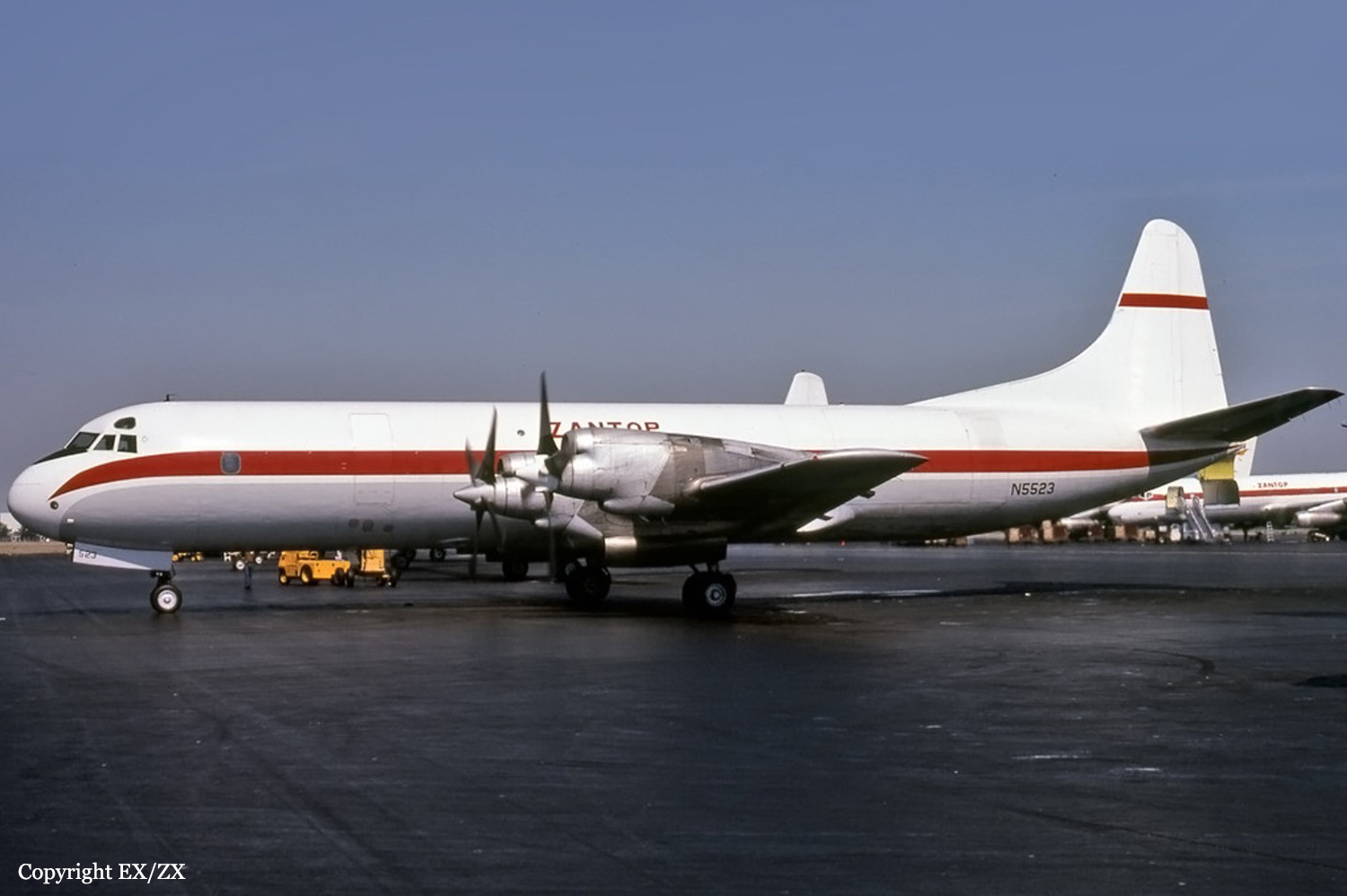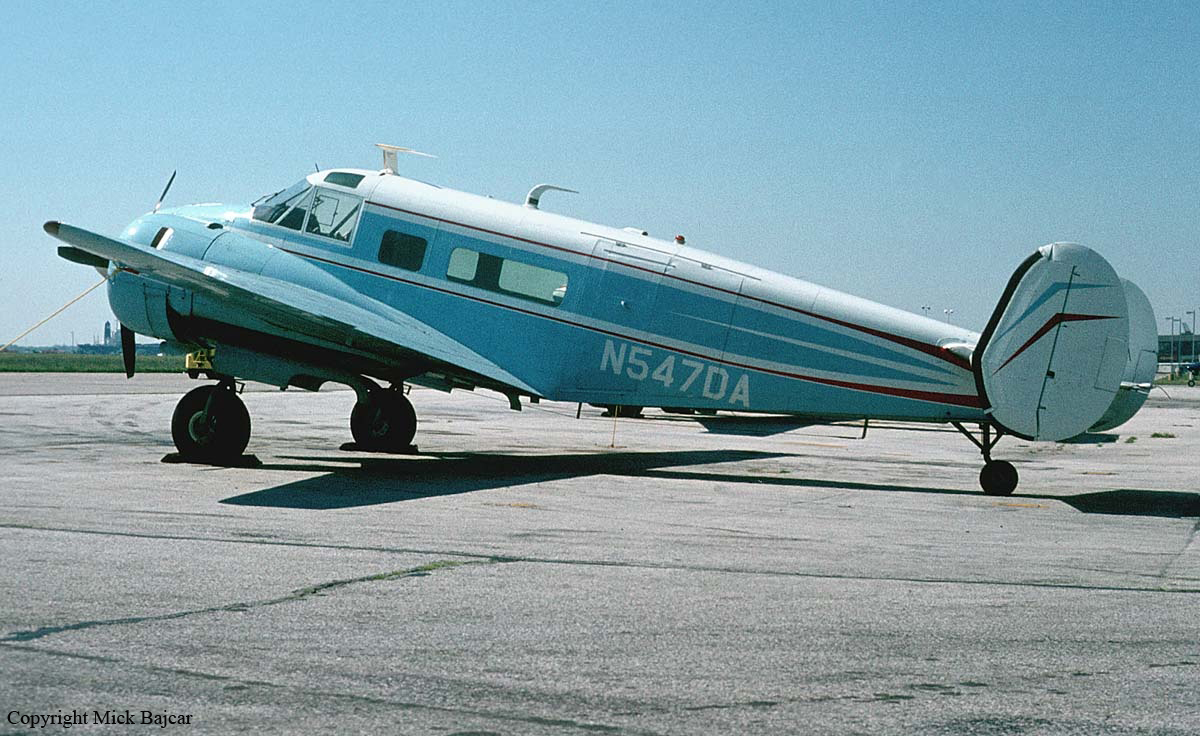Crash of a Cessna 414 Chancellor in Coatesville: 4 killed
Date & Time:
Jan 31, 1985 at 1310 LT
Registration:
N1994G
Survivors:
No
Schedule:
Latrobe - Coatesville
MSN:
414-0601
YOM:
1975
Crew on board:
2
Crew fatalities:
Pax on board:
2
Pax fatalities:
Other fatalities:
Total fatalities:
4
Captain / Total hours on type:
49.00
Aircraft flight hours:
3695
Circumstances:
Aircraft was on its runway 29 approach when it collided with ground one mile from the airport. A witness saw he aircraft fly over the airport to the west between 500 to 1,500 feet. Witnesses near the accident site saw the aircraft making abrupt maneuvers at low altitude prior to the accident. Engine sounds was described as 'racing', 'uneven', and 'loud'. Weather condition was described as fog, low ceiling, and light rain. Another pilot in same type aircraft was unable to land due to weather. Examination of the aircraft did not disclosed evidence of malfunction. Flight approach navaid facilities flight checked to be operational. There was no evidence of pilot physical impairment or incapacitation. The aircraft collided with the ground in a near vertical attitude. All four occupants were killed.
Probable cause:
Occurrence #1: in flight collision with terrain/water
Phase of operation: approach
Findings
1. (f) weather condition - low ceiling
2. (f) weather condition - fog
3. (f) weather condition - rain
4. (c) aircraft handling - inadequate - pilot in command
5. (c) ifr procedure - improper - pilot in command
6. (c) airspeed - not maintained - pilot in command
7. (c) stall - inadvertent - pilot in command
Phase of operation: approach
Findings
1. (f) weather condition - low ceiling
2. (f) weather condition - fog
3. (f) weather condition - rain
4. (c) aircraft handling - inadequate - pilot in command
5. (c) ifr procedure - improper - pilot in command
6. (c) airspeed - not maintained - pilot in command
7. (c) stall - inadvertent - pilot in command
Final Report:




